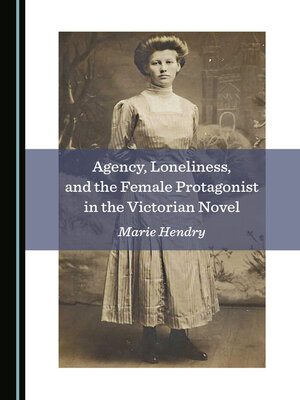
Sign up to save your library
With an OverDrive account, you can save your favorite libraries for at-a-glance information about availability. Find out more about OverDrive accounts.
Find this title in Libby, the library reading app by OverDrive.



Search for a digital library with this title
Title found at these libraries:
| Library Name | Distance |
|---|---|
| Loading... |
Many female Victorian-era heroines find themselves expressing a form of loneliness directly connected to their lack of agency. Loneliness is defined by a lack, and it is this that is prevalent to these characters' discussion of the social structures that define their lives. As there is no way to easily discuss a lack of agency without stating that there is something missing from the root agency, loneliness is an expression of missing components. This work analyses this "lack" found in loneliness as a trope to discuss a social lack. Many novels are crucial to this discussion, and this book focuses on Charlotte Brontë's Villette (1853), Anne Brontë's Tenant of Wildfell Hall (1848), George Eliot's The Mill on the Floss (1860), Thomas Hardy's Tess of the d'Urbervilles (1892), Florence Marryat's The Blood of the Vampire (1897) and Ella Hepworth Dixon's The Story of a Modern Woman (1894) to trace the evolution of the double use of lack in the nineteenth-century novel.







